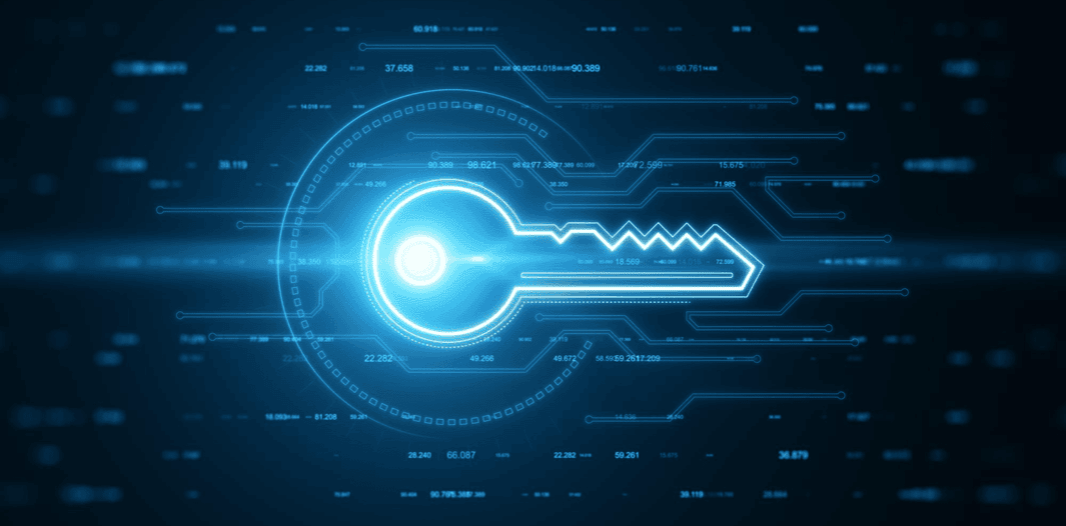
Why Does Everyone Need Encryption—Even in the Cloud?
We live our personal and professional lives through our devices.
They're where we work, study, relax, handle finances — you name it. What used to happen in person — from entering secure areas to accessing business records — now happens remotely through a laptop or phone.
This convenience in accessing all our data, however, also extends to malicious actors.
The Risks We Don't Always See
Picture this: you're at a coworking space, chatting with some acquaintances about your stock portfolios and the recent gains in your crypto assets. Someone nearby overhears your conversation and takes note.
Later, while you're on a coffee break, that same person reboots your machine into bootloader mode, digs through the storage, and finds your unprotected seed phrase file. Within moments, your wallet is emptied. The funds are quietly transferred to anonymous addresses, leaving you no way to trace them.
The risks don't end with digital currency. That unprotected disk could contain SSH keys to critical work systems, confidential business documents, or personal files that could be leaked, sold, or misused. With just a few clicks or a stolen password, the damage can spread not just to you personally but to the systems and data your company relies on.
Even the Cloud Has a Backdoor
This kind of oversight reflects a mindset that often carries over into how we treat cloud infrastructure. Just like we assume our devices are safe because they're "with us," many believe that data in the cloud is automatically protected — especially when it's hosted by a reputable provider.
But that assumption can be dangerous. Cloud platforms handle infrastructure, not your data's end-to-end safety.
Imagine a worst-case scenario: attackers gain access to your cloud provider's environment deep inside an AWS data center. They bypass software-level protections and physically clone your storage volumes.
If your cloud disks aren't encrypted, they can read everything immediately — backups, credentials, private keys, internal documentation — no additional hacking needed.
Now imagine the same situation but with encryption enabled. Even with full disk access, the data remains scrambled and unreadable. Unless attackers also breach your key management system — a much higher bar — they get nothing useful.
A Final Layer of Defense
Encryption isn't just a checkbox for compliance — it's a critical last line of defense. When all other controls fail, encrypted data stays protected at rest. It buys you time, reduces the blast radius of a breach, and gives you options.
More importantly, it's an investment in your company's resilience and credibility. By ensuring your data remains secure in worst-case scenarios, you protect both your operations and your reputation.
So whether you're migrating to Opigno Cloud or relying on Connect-i to manage your infrastructure, you can be confident: we implement encryption wherever possible and practical — from cloud backups to internal configurations.
Because security isn't just a feature. It's our priority.


